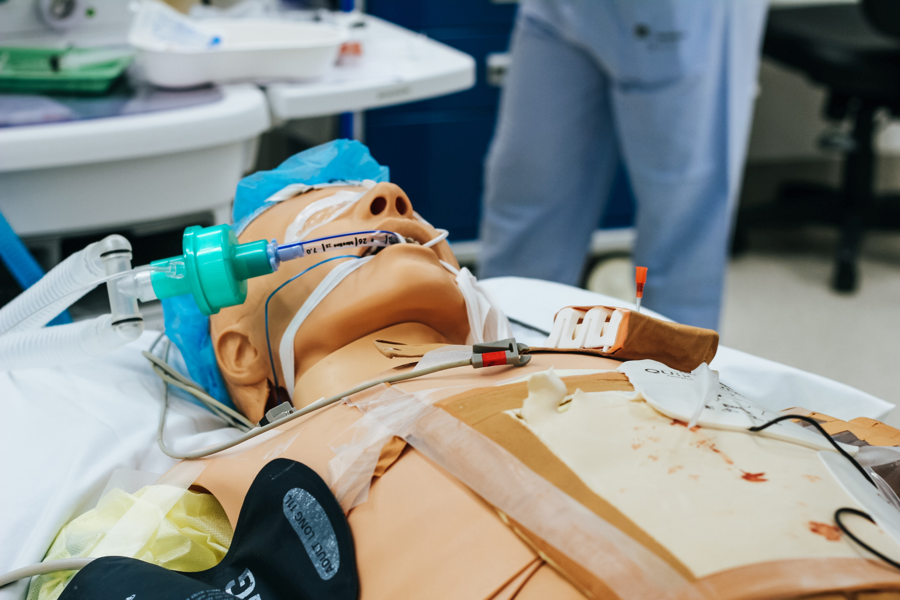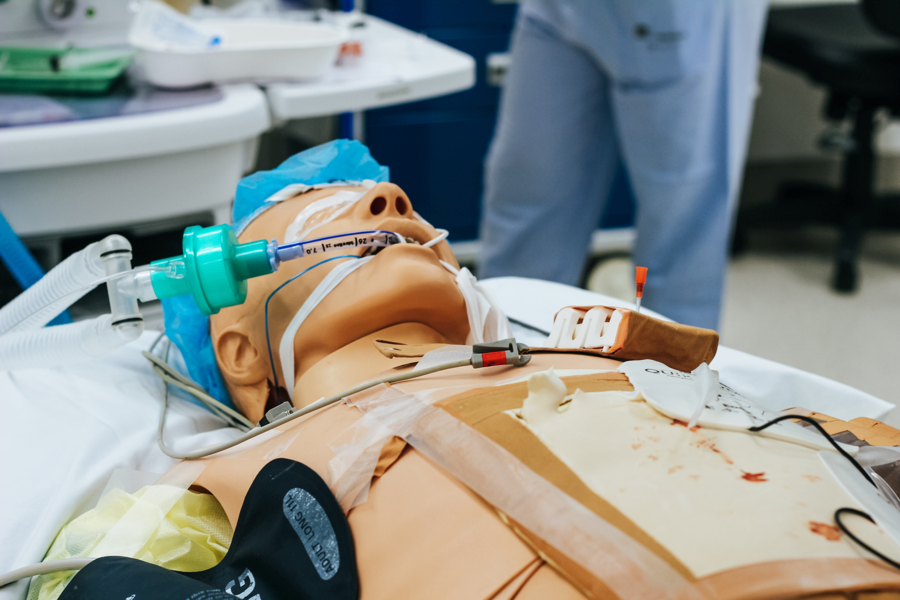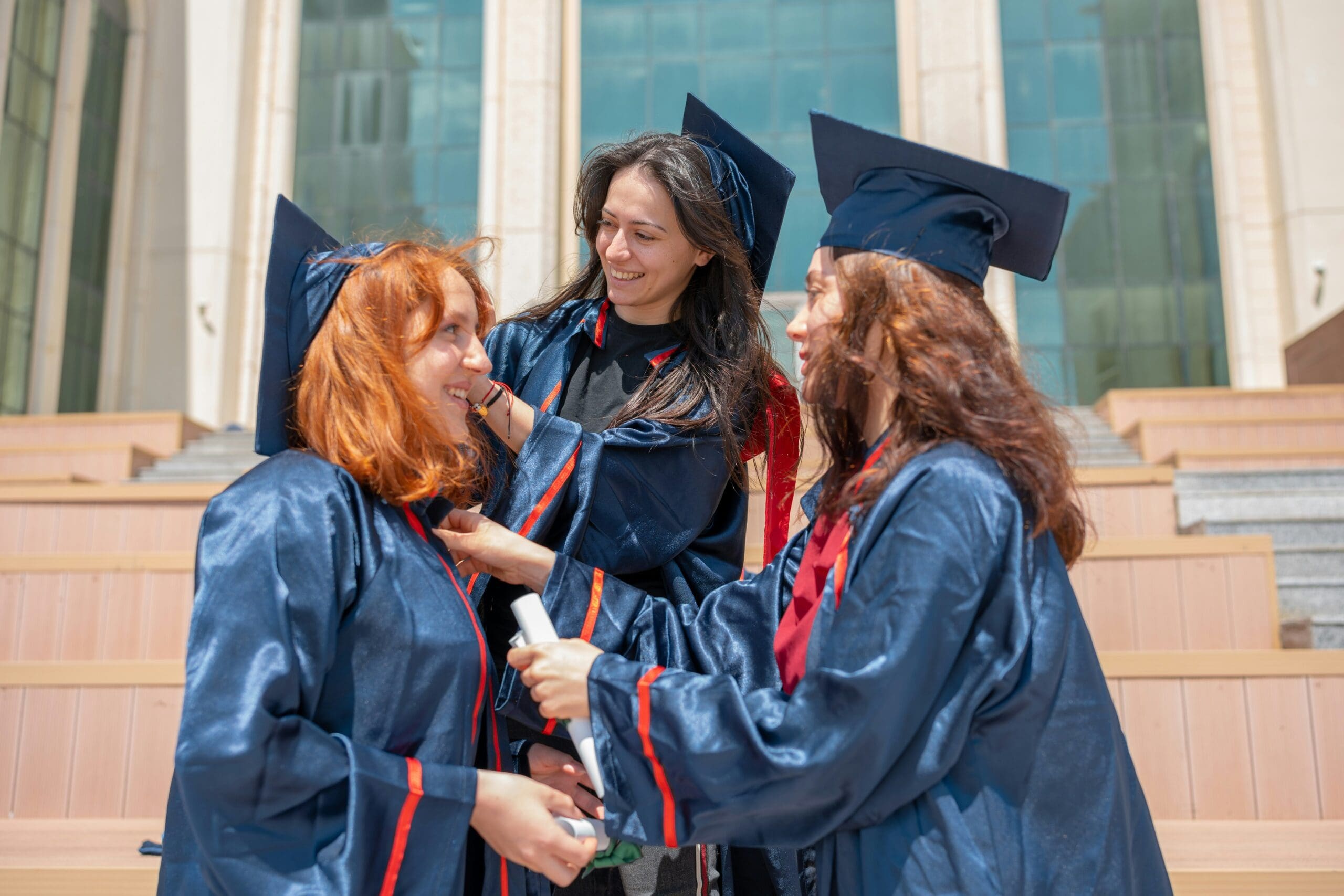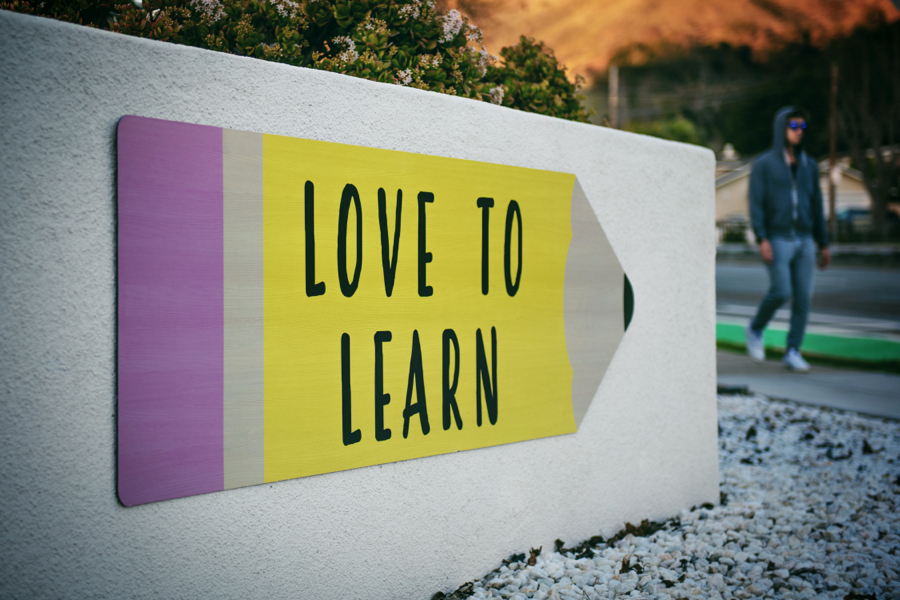
Higher Education
An Overview of BSN Curriculum: Core Courses and Specializations
-
 EveryNurse Staff
EveryNurse Staff
- Last Updated: 10/03/2023
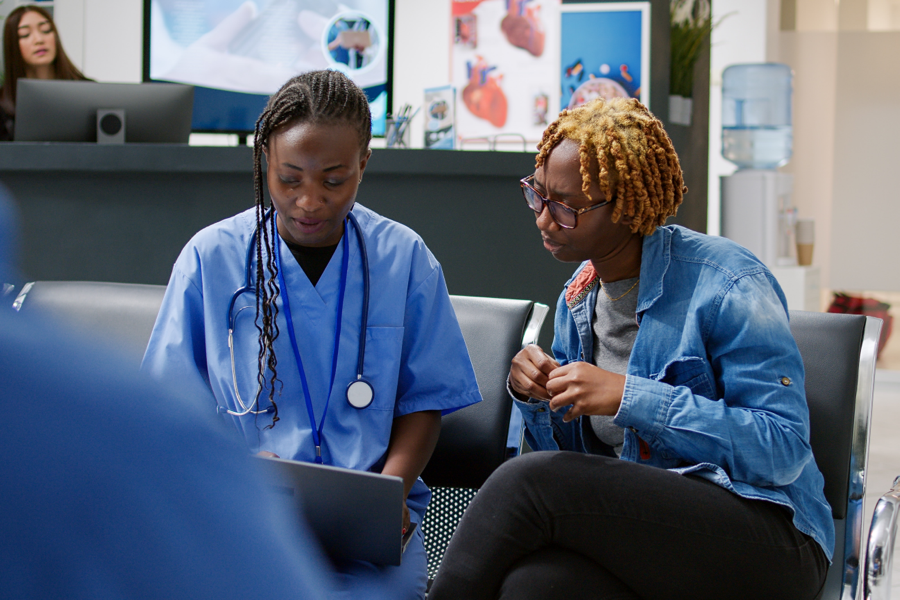
The Bachelor of Science in Nursing (BSN) degree is a comprehensive program that provides aspiring nurses with the knowledge, skills, and competencies needed to excel in the field of nursing. With a focus on both theoretical learning and practical experience, BSN programs prepare students to deliver high-quality patient care, take on leadership roles, and contribute to the advancement of the nursing profession.
In this article, we will delve into the details of the BSN curriculum, including core courses and specializations, to give you a comprehensive understanding of what to expect during your BSN education journey.
Exploring BSN Curriculum
What is a Bachelor of Science in Nursing?
A Bachelor of Science in Nursing (BSN) degree is an undergraduate program that provides a comprehensive education in nursing. It equips students with the foundational knowledge and practical skills necessary to become registered nurses (RNs). BSN programs offer a well-rounded curriculum that covers various aspects of nursing, including healthcare sciences, nursing theory and practice, critical thinking and problem-solving, leadership and management, and research and evidence-based practice.
The BSN degree is becoming increasingly important in the nursing profession, as many healthcare organizations prefer hiring BSN-prepared nurses due to the advanced level of education and training they receive.
The Importance of BSN in Nursing
The BSN degree holds significant value in the nursing profession. BSN-prepared nurses are well-positioned to meet the complex healthcare needs of individuals, families, and communities. They possess a broader knowledge base and are equipped with the skills needed to provide comprehensive, evidence-based care.
Research has shown that a higher proportion of BSN-prepared nurses in a healthcare setting is associated with better patient outcomes, including lower mortality rates and shorter hospital stays. Moreover, a BSN degree opens doors to diverse career opportunities, such as advanced practice nursing, leadership and management roles, and research positions. It also serves as a foundation for pursuing graduate-level education in nursing.
Core Courses in BSN Curriculum
Anatomy and Physiology
Pharmacology for Nursing
Community Health Nursing
Community Health Nursing focuses on promoting and preserving the health of populations within a community or specific geographic area. In this course, students learn about concepts related to public health, epidemiology, health promotion, disease prevention, and community assessment. They explore strategies for identifying community health needs, planning and implementing health promotion initiatives, and collaborating with community stakeholders to improve health outcomes. Community health nurses play a vital role in delivering preventive care, health education, and disease management services to individuals, families, and communities.
Medical and Surgical Nursing
Medical and Surgical Nursing courses provide students with the knowledge and skills required to care for patients in medical and surgical settings. Students learn about common medical conditions, surgical procedures, and nursing interventions aimed at promoting patient recovery and well-being. They develop expertise in patient assessment, nursing diagnoses, care planning, implementation of evidence-based nursing interventions, and evaluation of patient outcomes. Medical and Surgical Nursing courses equip nurses with the competencies needed to provide safe, holistic care to patients with acute and chronic illnesses.
Specializations in BSN Education
Pediatric Nursing
Pediatric Nursing specialization focuses on the care of infants, children, and adolescents. Students gain knowledge and skills in assessing and managing the unique healthcare needs of pediatric patients. They learn about growth and development, pediatric diseases, family-centered care, pediatric nursing interventions, and the promotion of health and well-being in pediatric populations. Pediatric nurses play a crucial role in providing comprehensive care to young patients and supporting their families.
Obstetric and Gynecological Nursing
Obstetric and Gynecological Nursing specialization prepares students to provide care to women during pregnancy, childbirth, and the postpartum period. Students learn about prenatal care, labor and delivery, postpartum care, and women’s health issues. They develop expertise in supporting women through the various stages of pregnancy, assisting during childbirth, promoting maternal and newborn health, and addressing women’s health concerns throughout the lifespan. Obstetric nurses make a significant impact on the well-being of women and newborns.
Psychiatric Nursing
Conclusion
The BSN curriculum combines core courses and specialized education to prepare students for the challenges and rewards of a nursing career. Through a solid foundation of knowledge, hands-on experience, and specialized training, BSN graduates are equipped to provide high-quality, evidence-based care, contribute to healthcare advancements, and pursue diverse nursing career paths.
Whether it’s working in hospitals, clinics, community health settings, or specialized areas of practice, BSN-prepared nurses are poised to make a meaningful difference in the lives of individuals, families, and communities.














